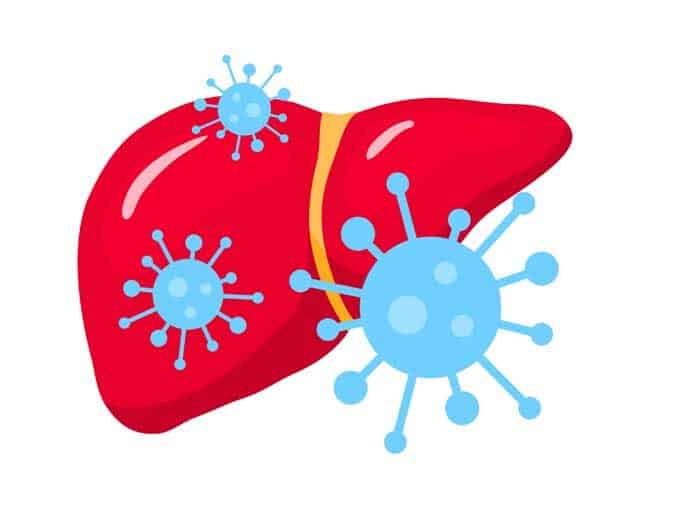
Say hola to Puerto Rico
The 2024 Correctional Mental Health Care Conference will be held in sunny San Juan!
Home Standards Q & A: The Importance of Refusal Forms
 Apr 25, 2022
Apr 25, 2022Q: If we document a patient’s refusal to a treatment or medication offered in the patient’s health record, why do we also need to include a refusal form in the health record?
A: The main reason for having the patient sign a refusal form is to document that the patient was made aware of the service being offered. A chart entry by a staff member that “the patient refused” is not sufficient to meet the requirements of NCCHC standards A-08 Health Records and G-05 Informed Consent and Right to Refuse. NCCHC’s standard on Informed Consent and Right to Refuse includes a requirement that any health evaluation or treatment that is refused is documented, and the documentation must include a description of the service being refused, evidence that the patient has been informed of any adverse health consequences that may occur because of the refusal, the signature of the patient (or a second witness if the patient does not sign the refusal form), and the signature of the health staff member who speaks to the patient. The completed refusal form document is direct evidence that the involved patient was given the opportunity for the service being offered and was made aware of the health consequences that can occur if they do not receive the service or treatment.
Wendy Habert, MBA, CCHP, is NCCHC’s new director of accreditation. Send your standards-related questions to [email protected].


